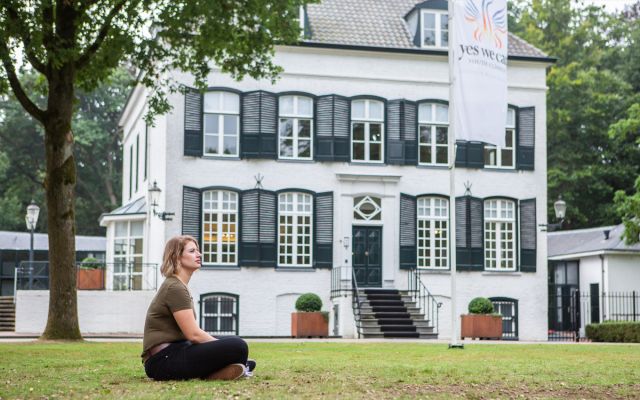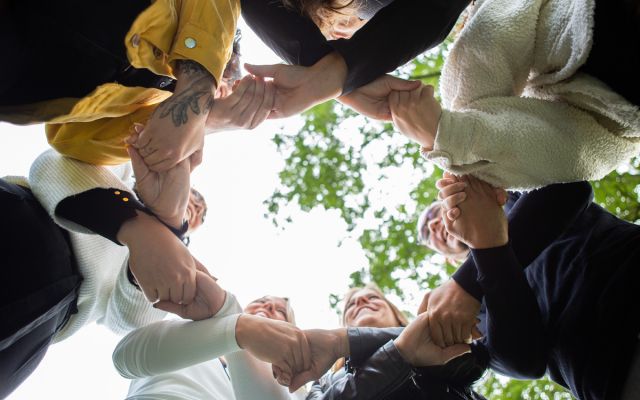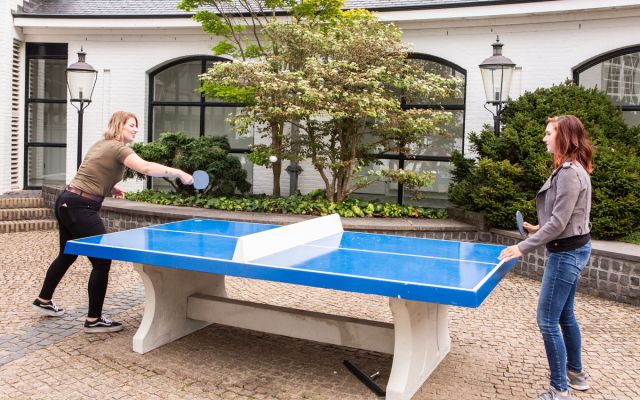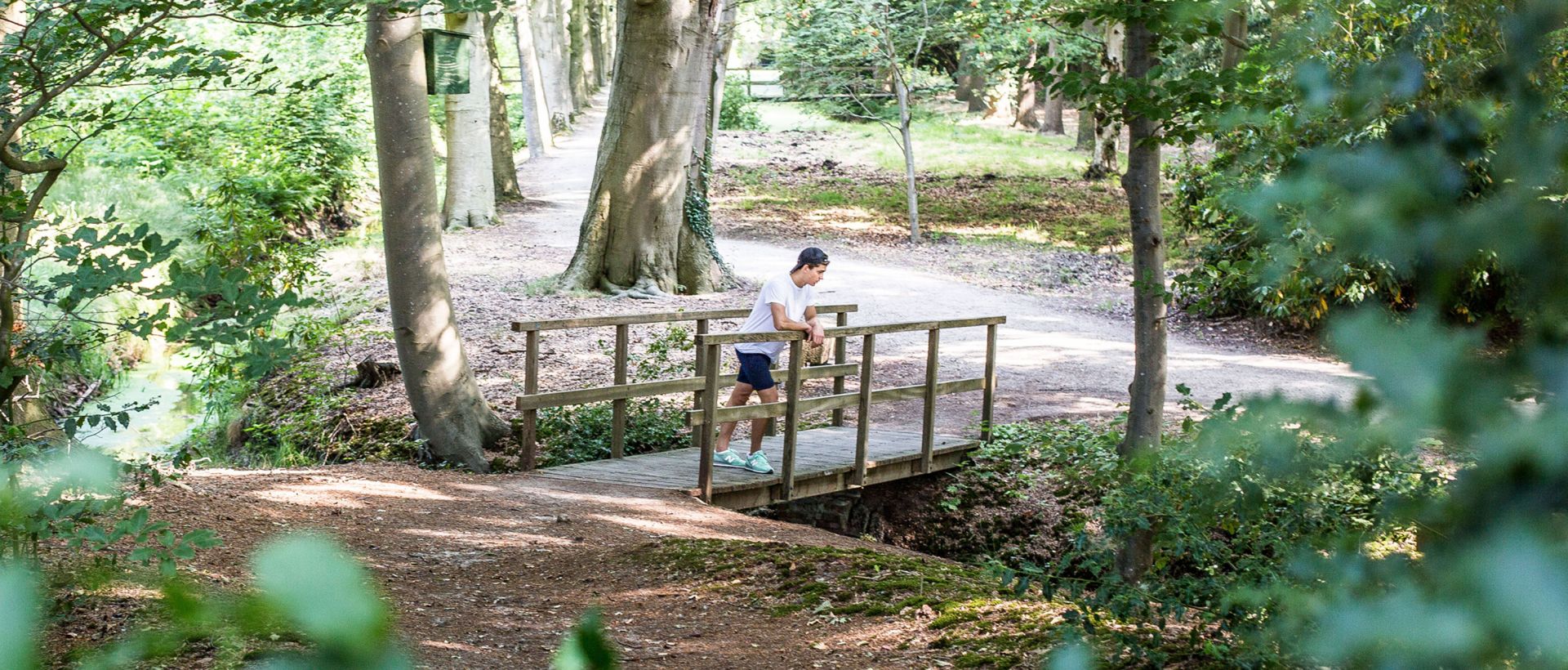What is ADHD?
ADHD stands for Attention Deficit Hyperactivity Disorder and is a mental disorder whereby a person is unable to pay attention or concentrate and is impulsive and hyperactive. Similar to ADD, attention and concentration problems play a significant role. Other features of ADHD include hyperactivity and often impulsive behaviour. ADHD occurs in adults as well as children and young people. The problems associated with ADHD usually appear in childhood.
ADHD and young people
Young children with ADHD stand out because, for example, they find it challenging to sit still and wait their turn. They roll from one activity to another and are often in constant motion. Young people with ADHD are also restless (especially inside) and easily distracted. They have difficulty planning and organising tasks, which makes it challenging to keep everything structured at school. They find it very difficult to distinguish between primary and side issues.
Due to their impulsivity, they do not always think about what they are doing and find it difficult to control themselves. This can lead to unpleasant situations, such as conflicts with others. We often see that young people with ADHD try to get some peace of mind and calm their maelstrom of whirling thoughts by self-medicating, smoking cannabis or using other drugs. Anxiety complaints are also a regular occurrence.

Characteristics and symptoms of ADHD
The characteristics of ADHD differ from person to person: one is primarily inattentive and easily distracted, and the other is more impulsive. A combination of these characteristics is most common, however.
For example, hyperactivity manifests in (inner) restlessness, difficulty concentrating, not listening to what others say, interrupting others and being unable to relax. Impulsivity can be recognised by impatience, unpredictable anger outbursts, blurting things out, doing things without thinking about it first, and reckless behaviour, among other things.
Treatment of ADHD
We specialise in dealing with multiple problems (co-morbidity) at Yes We Can Youth Clinics. Our intensive treatment programme helps young people cope with ADHD and the other issues they face so that they can look forward to a bright, new future. Warmth, sincere attention and involvement are central to our approach.
Tailored one-on-one therapy
At Yes We Can, each fellow benefits from personalised attention through three weekly one-on-one therapy sessions with their designated, certified clinical psychologist and multiple consultations with our accredited psychiatrists. These sessions are pivotal for tracking therapeutic progress, customising treatment strategies, and offering consistent, specialised support. This bespoke approach forms a core pillar of our holistic treatment philosophy, aiming to meet the distinct needs of each fellow and guide them on their journey to recovery within a nurturing and empathetic framework.
Group therapy insights
During group therapy, fellows share personal experiences and provide mutual feedback. The commonality of their experiences fosters a deep sense of recognition and camaraderie. Our expert-by-experience counsellors, who have personally navigated similar challenges, facilitate these sessions. They can offer unparalleled empathy and insight. Their shared understanding reinforces to fellows that they are not isolated in their struggles, empowering them to embrace the rigorous demands of the treatment process.

Enhancing recovery through sports
Incorporating physical activity into our treatment regimen, daily sports, and recreational activities play a significant role in the fellows' therapeutic journey. Addressing core issues through individual therapy, including dialogue-based and cognitive-behavioural therapeutic approaches, we systematically equip fellows with the skills to confront and process their traumas. Regularly scheduled therapeutic sessions reinforce these lessons, ensuring a comprehensive recovery strategy.
Engaging the family in treatment
During the treatment, not only our fellows work on their recovery. Much attention is focused on the fellow's family (systemic therapy). Parents follow our family coaching and counselling programme.
Visit this page if you would like to know more about our unique treatment approach.

ADHD and medication
Fellows may already be taking medication before they come to our clinic. For example, methylphenidate or dextroamphetamine may have been previously prescribed. However, we opt for treatment without medication at Yes We Can Youth Clinics. The idea behind this is that we want to treat 'the real fellow' instead of the fellow who is under the influence of prescription drugs.
Responsible phasing out
We strive to reduce any medication the fellows are already on to zero or as little as possible during treatment. We do this carefully and accurately, under the watchful eye of our psychiatrists.
The safe treatment climate at Yes We Can Youth Clinics, the positive environment and the entire treatment team that is present 24/7 to motivate, support and confront the fellows, where necessary, all ensure that medication withdrawal is usually successful. Even once the fellow has left the clinic and continues to work on recovery, medication is often hardly necessary anymore, if at all.
Contact us
Yes We Can Youth Clinics can effectively treat teenagers and young adults who are suffering from a wide variety of mental health issues. You can reach us by phone from Monday to Friday from 9:00 a.m. to 10:00 p.m. and on Saturday and Sunday from 10:00 a.m. to 4:00 p.m. (GMT +1) via phone number: +31 (0)85 02 01 222. Your call will be forwarded after business hours (weekdays after 6:00 p.m. and on weekends). Please note that answering your call during these hours might take longer than usual. If we cannot reply to the call right away, please leave a message, and we will call you back as soon as possible. You can also fill out our contact form.
Register for an intake interview
Would you like to register a teenager or young adult (aged 13-25) for treatment at Yes We Can Youth Clinics? Please fill in our intake form, and we will contact you to schedule a personal intake interview.
Intake form
